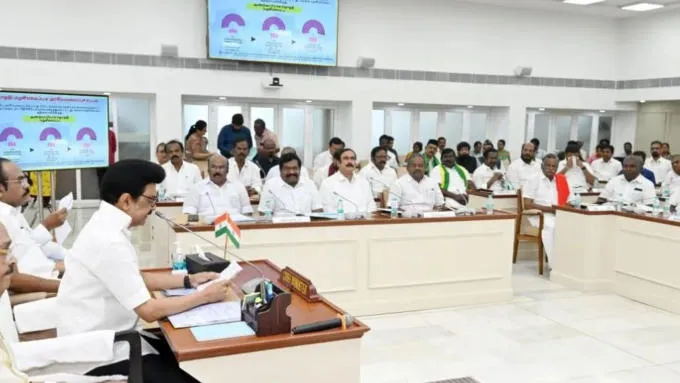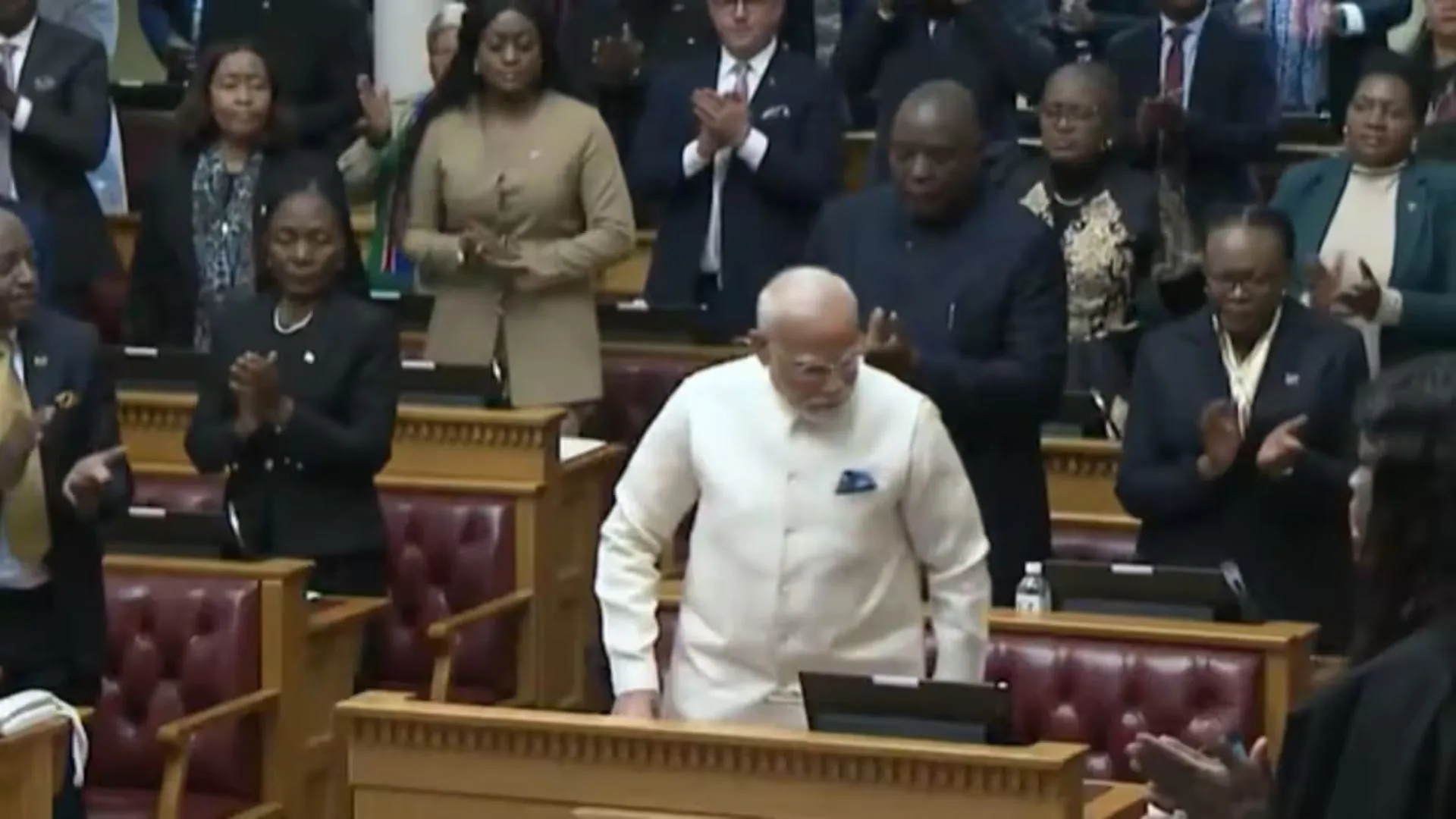Tamil Nadu Chief Minister MK Stalin has raised serious concerns over the upcoming delimitation exercise, calling it an attack on federalism. He has reached out to various state leaders, arguing that states with effective population control, like Tamil Nadu, could lose parliamentary representation. Stalin has criticized the Centre for lacking clarity on the issue and has called for a strong resistance against what he deems an unfair process.
What is Delimitation?
Delimitation is the process of redrawing the boundaries of electoral constituencies based on population changes to ensure fair representation. In India, this is carried out by the Delimitation Commission, an independent body appointed by the government. The goal is to ensure an equitable distribution of voters per constituency.
The last delimitation was conducted in 2002, based on the 2001 Census. However, recognizing the potential disadvantage to states with lower population growth, the process was frozen until the first census after 2026. The upcoming delimitation could reshape India’s political landscape, leading to a shift in representation towards states with high population growth, primarily in North India.
Tamil Nadu’s Concerns
Historically, the freeze on delimitation ensured that Southern states, which successfully controlled their population, were not penalized. In 2000, then-Prime Minister Atal Bihari Vajpayee assured Southern states that the 2002 delimitation would use the 1971 Census figures, preventing an unfair reduction in their representation.
However, with the 2026 exercise on the horizon, there are fears that the NDA government might use the latest census data, potentially increasing seats for high-growth states like Uttar Pradesh, Bihar, and Rajasthan while keeping Southern states’ representation stagnant. Reports suggest Uttar Pradesh’s Lok Sabha seats could rise from 80 to 128, and Bihar’s from 40 to 70, while Tamil Nadu’s 39 seats and Karnataka’s 28 might see little to no increase.
Potential Benefits and Drawbacks of Delimitation
Potential Benefits:
- Ensures equal representation by adjusting constituencies to population changes.
- Reduces voter disparity between constituencies.
- Strengthens democracy by making elections more representative.
Potential Drawbacks:
- States with lower population growth may lose parliamentary seats.
- Southern states could be penalized for successful population control measures.
- Political resistance, as parties fear a shift in power towards more populous states.
How Will It Impact South India?
The 2026 delimitation could significantly reduce South India’s influence in national politics. Despite Home Minister Amit Shah’s assurances that Tamil Nadu would not lose any seats, there is growing concern that states with stable populations will not gain proportional representation, while Northern states with high population growth will benefit.
Tamil Nadu’s Response
In a political resolution, Tamil Nadu’s leaders have outlined two key demands:
- Seek assurance from Prime Minister Narendra Modi that delimitation will be based on 1971 population figures and remain valid for 30 years, ensuring fairness for states that have implemented population control.
- Form a Joint Action Committee with MPs and representatives from Southern states to present a unified stance against potential unfair redistribution of parliamentary seats.
Tamil Nadu’s position is clear: states that have effectively controlled population growth should be rewarded, not penalized. The state’s leaders argue that instead of using population-based criteria to allocate seats, governance and development efforts should be considered. As the 2026 delimitation approaches, the South’s demand for fair representation remains a key political debate.





















